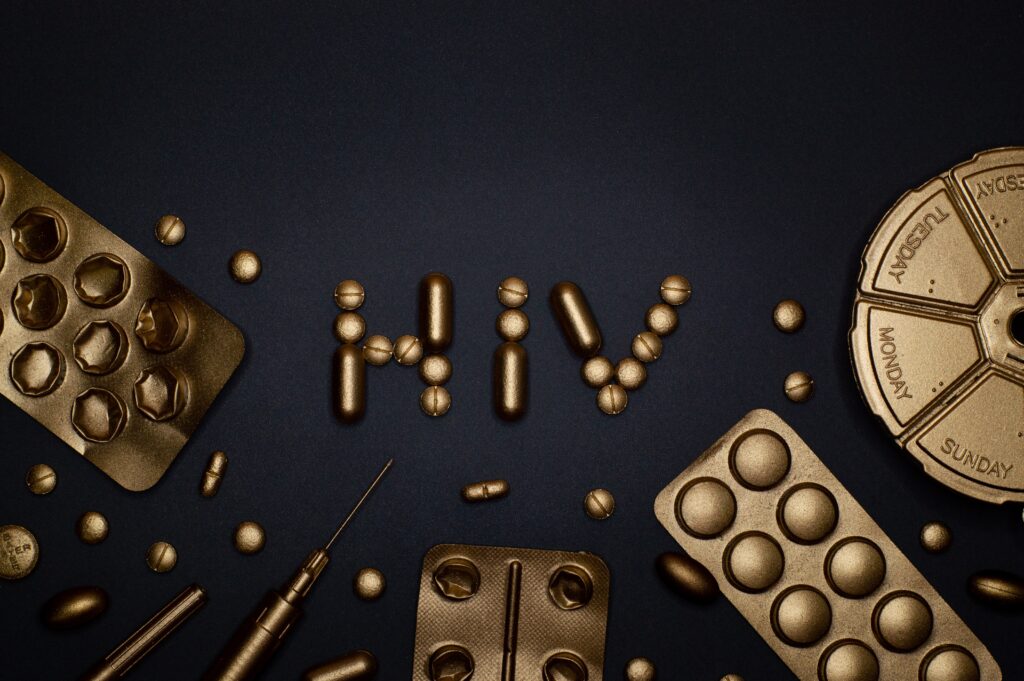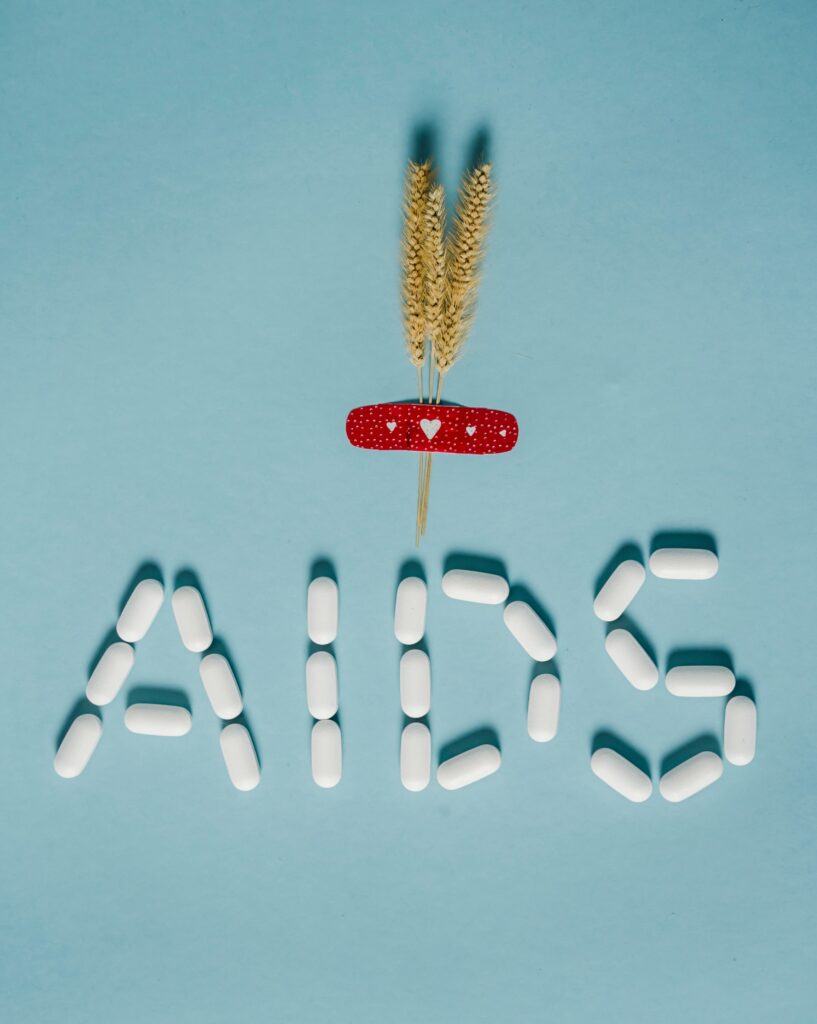
If you’re worried because you think you’ve got an unsafe intercourse and got venereal disease, go for a check-up at our clinic as soon as you can.
Common types of Venereal diseases
Chlamydia
Symptoms usually appear after 1 to 3 weeks but can start much later. Symptoms include:
- discharge from the vagina or penis
- pain when peeing
- vaginal bleeding between periods or after intercourse
- pelvic pain in women
- testicular pain in men
About 50% of men and 70% of women who are infected do not have any symptoms.

Gonorrhoea
Symptoms usually appear within 2 weeks of being infected but could start much later. They include:
- green or yellow discharge from the vagina or penis
- pain when peeing
About 10% of men and 50% of women who are infected do not have any symptoms.

Syphilis
Symptoms usually appear after 2 to 3 weeks but could start earlier or much later. They include:
- one or more small painless sores or ulcers on the genitals
- a blotchy rash and flu-like symptoms that may follow a few weeks later
Symptoms are often not obvious and may come and go.

HIV
The first symptoms may appear after 2 to 6 weeks. They can include:
- flu-like symptoms, such as a high temperature (fever), sore throat, headaches, and achy muscles or joints
- a red rash on the body
Not everyone gets these symptoms, but in people who do they usually last 1 to 2 weeks.
After the symptoms disappear, you may not have any further symptoms for many years, even though the infection remains in your body.

Hepatitis B
Hepatitis B is primarily spread when blood, semen, or certain other body fluids- even in microscopic amounts – from a person infected with the hepatitis B virus enters the body of someone who is not infected. The hepatitis B virus can also be transmitted from:
Birth to an infected mother
Intercourse with an infected person
Sharing equipment that has been contaminated with blood from an infected person, such as needles, syringes, and even medical equipment, such as glucose monitors
Hepatitis C
Hepatitis C is spread when blood from a person infected with the Hepatitis C virus – even in microscopic amounts – enters the body of someone who is not infected. The hepatitis C virus can also be transmitted from:
- Sharing equipment that has been contaminated with blood from an infected person, such as needles and syringes
- Intercourse with an infected person
- Birth to an infected mother
Genital herpes
Symptoms can appear after 4 to 7 days but might not start until months or years later. Symptoms include:
- small, painful blisters around the genitals
- pain when peeing
- a tingling or itching around the genitals
Most people do not have any symptoms when first infected.
Genital warts
If genital warts appear, symptoms could start from 3 weeks to many months or even years after contact with the virus that causes them. Symptoms include:
- small, fleshy growths or bumps on the genitals or around the anus – these are usually painless, but may be itchy
Most people with the virus that causes genital warts do not develop obvious warts.
Trichomoniasis
Symptoms usually appear within 4 weeks but could start months later. They include:
- discharge from the vagina or penis
- pain when peeing
- itchiness or discomfort around the opening of the vagina
About 50% of men and women who are infected do not have any symptoms.
It would be best to see our doctor specializes in venereal disease. You can usually turn up without an appointment. You’ll often get test results quicker. You can feel comfortable sharing information since the consultation is highly confidential.


